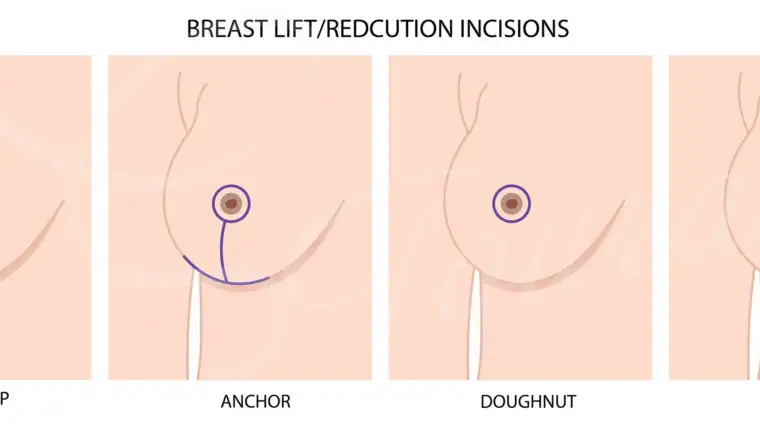
Medical services are expensive, and healthcare providers must have sufficient revenue to stay financially healthy. A streamlined billing process is essential for maintaining an efficient practice.
Patient billing software helps streamline the payment process by eliminating manual processes. This ensures accuracy and efficiency while improving customer satisfaction.
Table of Contents
Increased Revenue
An effective and efficient billing process is essential for healthcare providers to generate revenue. A faulty system can result in missing payments, which can cause medical practices to struggle financially. Using specialized patient billing software can reduce the workload of staff members and improve overall efficiency, thereby increasing revenue generation.
One of the most important benefits of using patient billing software is tracking and monitoring pending accounts receivable. This allows you to identify issues that may be causing delays in collection and address them accordingly. It is also good to offer multiple payment options to ensure patients can pay their bills quickly and conveniently.
By automating the creation and delivery of invoices, you can streamline your billing processes and increase patient satisfaction. In addition, you can eliminate the need for paper forms and use electronic documents to reduce the risk of errors.
The best patient billing systems will also allow you to verify insurance eligibility in real time, reducing the likelihood of claim rejections. Additionally, they will include consequential claims scrubbing technology that checks for errors and inconsistencies before submission, resulting in higher first-pass acceptance rates. They will also provide detailed reports and insights that enable you to make better financial decisions. Specialized patient billing software provides healthcare organizations with the scalability, customization, and revenue optimization tools they need to maximize performance.
Improved Accuracy
Handling claims and medical billing is critical to running any healthcare practice. Unfortunately, inaccurate medical billing is standard and can significantly impact revenue. According to a recent report, billing errors resulted in a loss of $31.6 billion to Medicare – money that could have been used for patient care. The vast majority of these errors were caused by miscommunication and differing guidelines from each insurance provider.
Fortunately, medical billing software can help to improve accuracy in claims handling and payment processing. This software streamlines the process, making detecting and fixing issues easier. Moreover, the software offers several features that can help to reduce costs and improve revenue generation.
For example, the software can offer automated claims generation and real-time eligibility verification to reduce manual data entry and speed up the reimbursement process. It can also provide comprehensive reporting and analytics to support strategic decision-making. Moreover, it can be customized to suit specific workflows and preferences.
It can also include credit card processing to accommodate diverse payment preferences and boost the rate of payments. Lastly, it can enable patients to access their medical records and billing information remotely from a secure portal. This feature helps to build trust and a positive perception of your healthcare practice in the eyes of your patients.
Reduced Risk of Error
For a medical practice to run smoothly, it needs to be able to process and track claims quickly. When claims are delayed or rejected, it takes valuable time and resources for the team to follow up on them with patients or insurance companies, which can lead to more frustration and even loss of revenue. A streamlined claim processing process eliminates these unnecessary delays and increases cash flow by getting claims paid more efficiently.
A healthcare practice’s billing processes should be as paperless as possible to help reduce paperwork and the risk of errors. With patient billing software, staff members can access the needed data without physical documents, cutting down on storage costs. Additionally, cloud-based systems allow authorized users to access the information on their computer, tablet, or smartphone from any location with an internet connection.
Choosing the right electronic medical billing system is critical to boosting efficiency and reducing costs. Look for features like user-friendly interfaces that make it easy to navigate and seamless integration with EHR systems for a single database of patient information. It should also be scalable and customizable to accommodate unique workflows and preferences. Select a comprehensive customer support system to ensure the software is used effectively and efficiently.
More Time to Focus on Patient Care
In addition to saving money on overhead, paper, printing, and logistical costs associated with generating invoices manually, electronic patient billing allows healthcare providers to track payments at all times. This gives them a clear picture of which patients haven’t paid their medical bills yet and makes it easier for them to stay on top of payment collections.
This software also helps improve communication between medical practices and insurance companies by eliminating paperwork, making it easier for both parties to understand each other’s needs. This can result in fewer rejected or denied claims and improved revenue performance.
When healthcare providers don’t have time to sort through paperwork and scour physical files, they can spend more time attending to patient needs. This can ultimately lead to better patient outcomes and satisfaction as patients receive the care they need and deserve.
A cloud-based system offers a secure environment where authorized staff can access the detailed patient data they need anytime, anywhere, with an internet connection. This can help improve efficiency and provide staff a flexible and convenient way to work from home or on the go. This flexibility can be beneficial for practices with multiple locations. It can also save significant money on hardware and software as each location can use the same digital solution.

